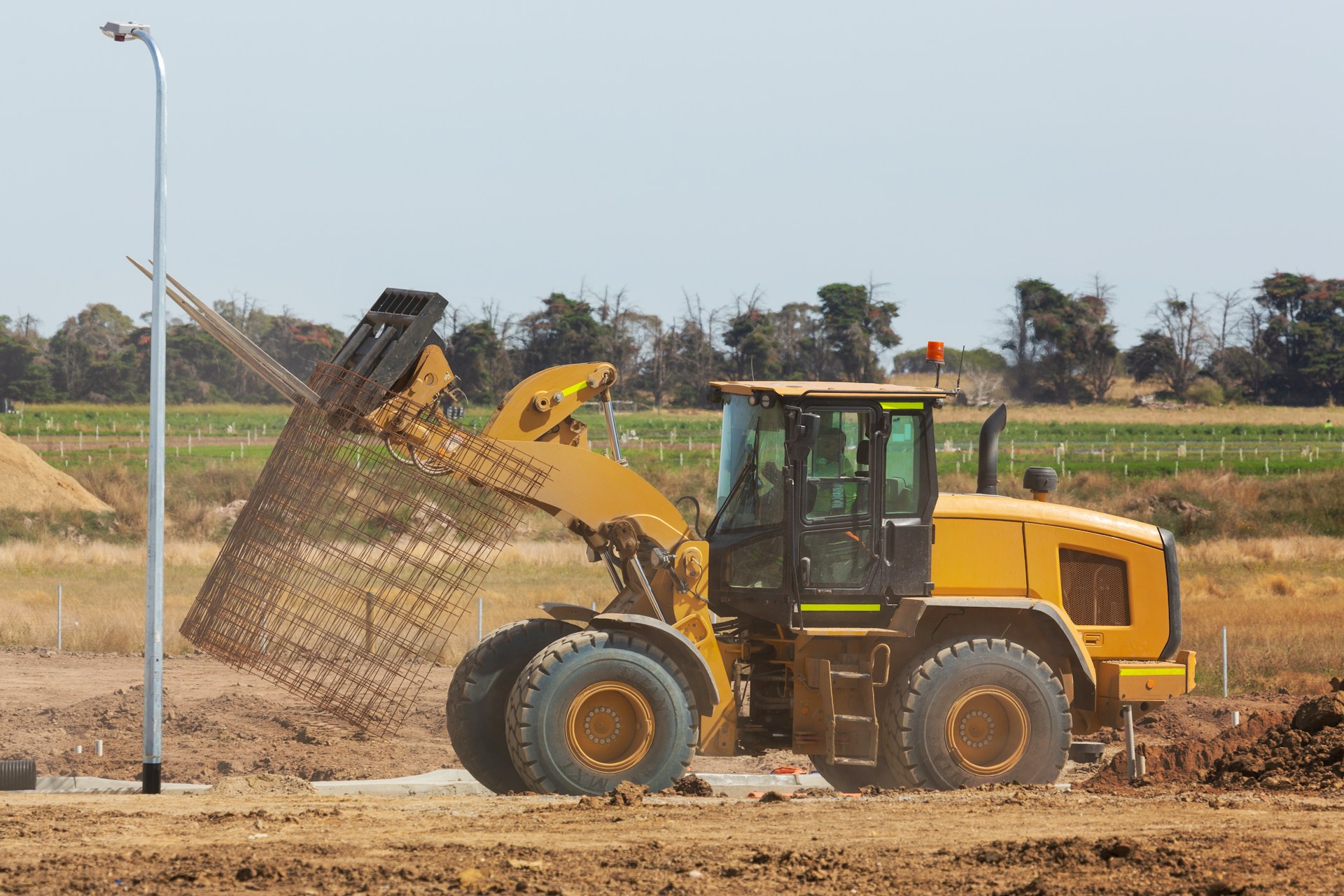
Investing in the right equipment is essential for growing and maintaining your business. Whether you need new machinery for manufacturing, updated technology for your office, or an upgraded fleet of vehicles for transportation, equipment plays a critical role in your daily operations and long-term success.
When it comes to acquiring this essential equipment, businesses face a crucial decision – whether to lease or buy. Both options come with their own set of advantages and drawbacks, and determining the best approach for your business depends on your unique needs, financial situation, and long-term objectives.
In this blog post, we will explore the key differences between equipment leasing and purchasing to help you better understand your options and make an informed decision. We will discuss the pros and cons of each approach and provide practical guidance on how to choose the most suitable strategy for your specific business situation.
Cost Considerations: Initial Investment and Total Ownership Expenses
One of the primary factors influencing the decision between leasing and buying equipment is the cost involved. Let’s take a closer look at the cost breakdown for each approach.
Equipment Leasing
Leasing equipment typically requires little or no down payment, enabling businesses to acquire the equipment they need with minimal upfront costs. Additionally, lease agreements often include maintenance and repair services, which can lead to cost savings over the long term.
Purchasing Equipment
Buying equipment involves a more significant initial investment, as businesses must pay the full purchase price upfront or through financing options, such as loans. While purchasing the equipment means full ownership, businesses will also need to bear the costs of maintenance, repairs, and potential depreciation.
Tax Implications: Deducting Expenses and Depreciation
Tax implications can play a substantial role in the decision-making process when choosing between leasing and purchasing equipment.
Equipment Leasing
Many businesses can deduct the full amount of their lease payments as a business expense. These deductions can provide substantial tax savings, particularly for businesses that require high-cost equipment.
Purchasing Equipment
When businesses purchase equipment, they can often claim depreciation deductions over the useful life of the equipment. However, the amount of depreciation that can be deducted each year might be less than the total lease payments in some cases.
Flexibility and Equipment Lifespan: Upgrading and End-of-term Options
The flexibility to upgrade equipment and the equipment’s expected lifespan can also influence the decision between leasing and purchasing.
Equipment Leasing:
Leasing equipment typically provides greater flexibility, as businesses can choose to upgrade to newer models at the end of the lease term. This option is particularly beneficial for companies that rely on rapidly advancing technology or have a high potential for equipment obsolescence.
Purchasing Equipment:
Purchasing equipment offers less flexibility regarding upgrading or replacing equipment, as businesses must sell or dispose of the old equipment before acquiring new equipment. However, owning equipment can be advantageous for companies that expect their equipment to have a long useful life.
Evaluating the Pros and Cons of Leasing vs. Buying
Now that we’ve covered the key factors to consider when comparing equipment leasing and buying, let’s summarize the pros and cons of each approach.
Pros of Equipment Leasing
– Lower upfront costs
– Fixed monthly payments for easier budgeting
– Potential tax savings through lease payment deductions
– Flexibility to upgrade equipment
– Maintenance and repair services often included
Cons of Equipment Leasing
– No ownership in the equipment, resulting in higher long-term costs for long-lasting equipment
– Some lease agreements may have early termination fees or other hidden costs
Pros of Purchasing Equipment
– Full ownership of the equipment
– Potential tax savings through depreciation deductions
– Long-term cost savings for long-lasting equipment
– Opportunity to sell or trade-in old equipment
Cons of Purchasing Equipment
– Higher upfront costs
– Responsibility for maintenance, repairs, and equipment disposal
– Less flexibility to upgrade equipment
Final Thoughts
The decision to lease or buy equipment for your business depends on various factors, such as costs, tax implications, flexibility, and equipment lifespan. Carefully evaluating these factors and aligning them with your business’s unique needs and objectives can help you make the most suitable choice for long-term growth and success.
Total Merchant Resources offers comprehensive equipment financing solutions, including same-day small business loans, to support your business’s growth and expansion efforts.
Contact our experienced finance professionals to discuss your unique needs and discover the best equipment financing strategy for your company, empowering you to make informed decisions that align with your long-term objectives for success.



